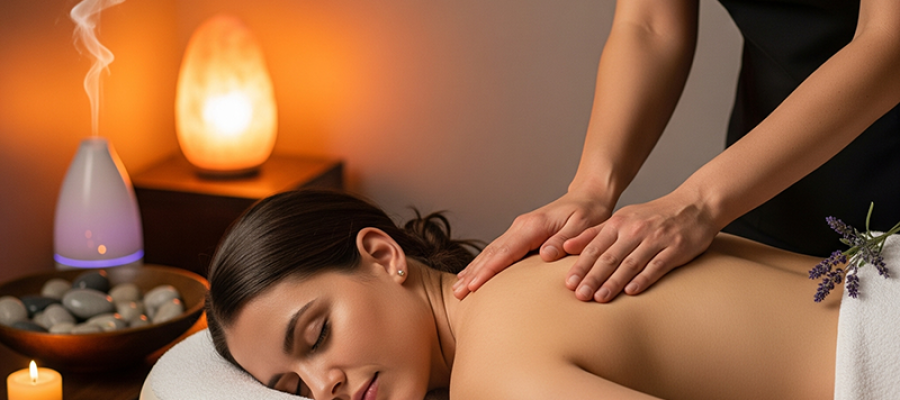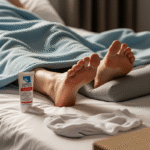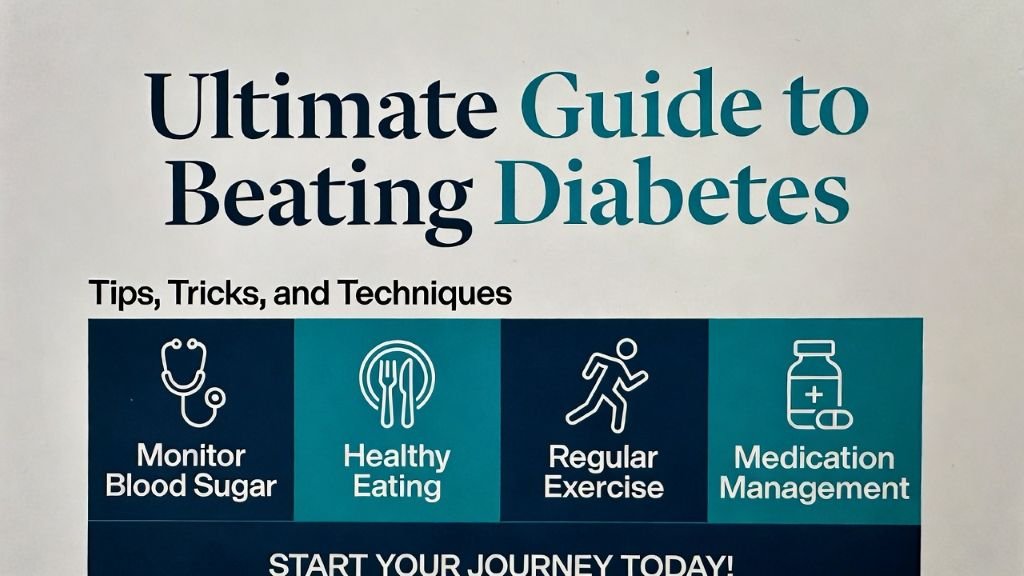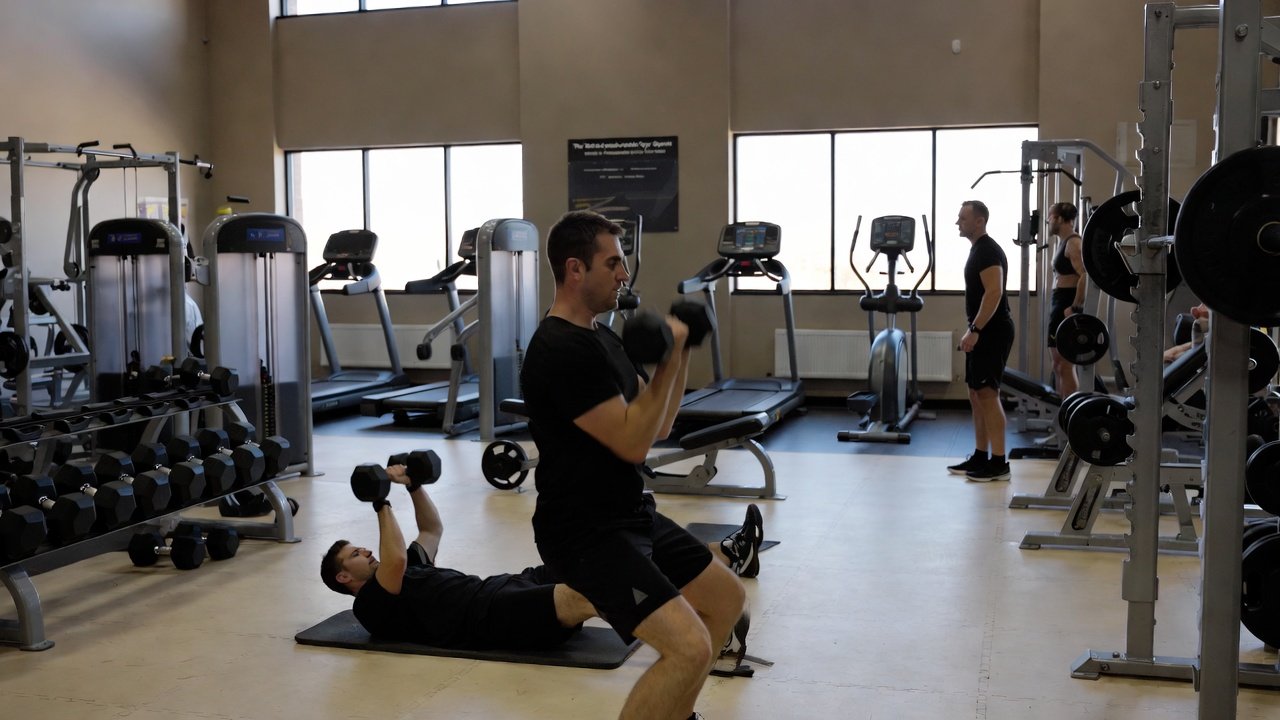Touch is a fundamental form of communication and interaction, deeply rooted in our biology. It is essential for human development and well-being. When you experience touch, your skin sends signals to your brain via the nervous system, releasing hormones such as oxytocin, known as the “love hormone,” which promotes feelings of trust and reduces stress. This biological response plays a crucial role in calming your nervous system, fostering a sense of safety and comfort.
Research shows that touch has the power to lower cortisol levels, the hormone responsible for stress, and increase serotonin and dopamine, both of which are linked to happiness and relaxation. By engaging with the parasympathetic nervous system, touch helps your body shift from a state of stress (fight or flight) to one of rest and digest. This transition is vital for maintaining both physical and mental health.
Moreover, the science of touch extends beyond immediate physiological responses. It has long-term implications for your emotional and psychological well-being. Regular, positive touch can lead to improved mood, decreased anxiety, and even reduced symptoms of depression. In some cases, therapies like massage can complement treatments such as acne treatment by reducing stress-related skin flare-ups. Understanding these scientific underpinnings highlights why touch, and particularly massage therapy, is a powerful tool in stress management.
The Benefits of Massage Therapy for Stress Relief
Massage therapy harnesses the therapeutic power of touch to alleviate stress and promote relaxation. It is an ancient practice with modern scientific backing, demonstrating numerous benefits for stress relief. Through targeted pressure and movements, massage therapy enhances blood flow, reduces muscle tension, and facilitates the removal of toxins from your body.
One of the primary benefits of massage therapy is its ability to reduce stress hormone levels. By lowering cortisol and increasing endorphins, massages create a natural high, improving your mood and providing a sense of calm. These hormonal shifts are not only short-term fixes but contribute to long-lasting stress management, making massage an excellent complement to physical therapy for overall wellness and recovery.
Furthermore, massage therapy is not limited to physical benefits alone. It also supports mental and emotional health by promoting mindfulness and body awareness. During a massage session, you are encouraged to focus on the present moment, helping to quiet the mind and reduce mental clutter. This mindful state can extend beyond the massage table, equipping you with better tools to handle stress in everyday situations.
How Massage Affects the Body’s Stress Response
Massage therapy influences your body’s stress response system, primarily through its interaction with the autonomic nervous system, which regulates involuntary body functions. By stimulating the parasympathetic nervous system, massage shifts your body into a state of relaxation, slowing the heart rate and promoting deeper breathing. These physiological changes counteract the fight-or-flight response, bringing about a sense of tranquility, which can also provide supportive benefits alongside infertility treatment by reducing stress-related hormonal imbalances.
Additionally, massage impacts the limbic system, the brain’s emotional center, which plays a significant role in stress and anxiety regulation. Through the release of neurochemicals like serotonin and dopamine, massage enhances your mood and reduces feelings of stress. This chemical balance is crucial for maintaining emotional stability and resilience against stressors.
On a cellular level, massage therapy can reduce inflammation, which is often exacerbated by chronic stress. By improving circulation and lymphatic drainage, massage helps detoxify the body, reducing the physiological burden of stress. This comprehensive approach to stress relief highlights the multifaceted nature of massage therapy, addressing both the physical and emotional components of stress.
Different Types of Massage Techniques and Their Effects
Massage therapy encompasses a variety of techniques, each with unique benefits and effects on stress relief. Understanding these techniques can help you choose the one that best suits your needs.
- Swedish Massage: This is the most common type of massage, characterized by long, flowing strokes. It is designed to relax the entire body, improve circulation, and ease muscle tension. Swedish massage is ideal for those new to massage therapy or seeking general relaxation.
- Deep Tissue Massage: This technique targets deeper layers of muscle and connective tissue, making it effective for chronic tension and pain. It involves slower, more forceful strokes and is beneficial for relieving stress-related muscle knots and tension.
- Aromatherapy Massage: By incorporating essential oils, this type of massage enhances relaxation and mood. Different oils have varying effects, from calming lavender to energizing peppermint, offering an additional layer of stress relief through scent.
- Shiatsu Massage: Originating from Japan, this technique involves applying pressure to specific points on the body to improve energy flow and balance. Shiatsu is beneficial for reducing stress and promoting overall well-being.
- Hot Stone Massage: This method uses smooth, heated stones placed on specific parts of the body. The heat helps to relax muscles, improve circulation, and relieve stress. It is especially soothing during colder months.
Understanding these techniques allows you to tailor your massage experience to your specific stress relief needs, ensuring maximum benefit and comfort.
The Role of Touch in Mental Health and Well-being
Touch is a powerful ally in maintaining mental health and overall well-being. It fosters connection and security, essential components in building emotional resilience. Physical touch, including massages, promotes the release of oxytocin, which enhances feelings of trust and reduces anxiety, creating a stable foundation for mental health.
Moreover, regular touch can combat loneliness and isolation, both of which have been linked to increased stress and depression. In a world where digital communication often replaces physical interaction, incorporating touch through massage can have profound effects on your mental health, reducing feelings of loneliness and enhancing your sense of belonging.
Finally, touch therapy, including massage, supports emotional regulation by promoting mindfulness and body awareness. Becoming more attuned to your body’s responses helps in managing emotions and stress more effectively. As a result, you are better equipped to face life’s challenges with a calm and centered mindset.
Incorporating Massage into Your Self-Care Routine
Adding massage therapy to your self-care routine is a powerful step toward holistic well-being. Regular massages provide cumulative benefits, supporting both your physical and emotional health. Start by scheduling consistent sessions, whether weekly or bi-weekly, to maintain a balanced state of relaxation and stress relief.
Creating a self-care routine that includes massage requires planning and commitment. Consider setting aside specific times for your sessions, treating them as non-negotiable appointments for your mental and physical health. This consistency helps in reaping the long-term benefits of massage therapy, ensuring that stress relief becomes an integral part of your lifestyle.
Incorporating massage into your self-care routine also involves recognizing your body’s needs and responding to them. Pay attention to stress signals, such as muscle tension or headaches, and use massage as a proactive measure to address these issues. By integrating massage into your regular self-care practices, you enhance your overall quality of life and resilience against stress.
Finding the Right Massage Therapist for Your Needs
Choosing a massage therapist who understands your specific needs is crucial for effective stress relief. Start by researching therapists in your area, paying attention to their qualifications, experience, and specialties. Personal recommendations or online reviews can also provide valuable insights into a therapist’s reputation and skill.
When selecting a therapist, consider scheduling an initial consultation to discuss your stress relief goals and any specific concerns. A good therapist will listen to your needs, recommend appropriate techniques, and customize their approach to suit you. This personalized care ensures that each session is as beneficial and comfortable as possible.
Additionally, trust your instincts when choosing a therapist. You should feel at ease and comfortable communicating with them. A strong therapeutic relationship is built on trust and understanding, essential elements for maximizing the benefits of massage therapy. By finding the right therapist, you ensure a supportive and effective journey toward stress relief and overall well-being.
Massage Techniques You Can Practice at Home
While professional massages are invaluable, incorporating simple techniques at home can further enhance your stress relief journey. Self-massage is a convenient way to manage daily stress and tension, offering immediate benefits.
Techniques to Try at Home:
- Neck and Shoulder Massage: Gently knead the muscles around your neck and shoulders with your fingertips, applying light pressure. This can alleviate tension from prolonged sitting or computer use.
- Foot Massage: Use your thumbs to apply pressure to the soles of your feet, focusing on the arches and heels. A foot roller or textured ball can also be used for added relief.
- Hand Massage: Stretch and massage each finger, then apply circular motions to your palms. This is particularly beneficial for those who use their hands frequently, such as typists or artists.
- Facial Massage: With clean hands, use upward strokes on your forehead and cheeks, and circular motions around your eyes. This can reduce tension headaches and promote relaxation.
Incorporating these simple techniques into your daily routine can provide quick stress relief, allowing you to maintain a relaxed state even on busy days.
The Importance of Consistency in Massage Therapy for Long-term Relief
Consistency is key in maximizing the benefits of massage therapy for stress relief. Just as regular exercise improves physical fitness, regular massages enhance your body’s ability to manage stress over time. By committing to consistent sessions, you create a stable foundation for long-term health and well-being.
Regular massages help maintain lower stress hormone levels, allowing you to better handle daily pressures. Over time, this consistent care enhances your body’s resilience, reducing the likelihood of stress-related illnesses and improving overall quality of life. The cumulative effects of massage therapy are not only physical but also mental, providing ongoing relief from anxiety and depression.
To ensure consistency, schedule regular appointments and prioritize them as essential components of your health regimen. Consider incorporating massages into a broader wellness plan that includes a balanced diet, regular exercise, and mindfulness practices. This holistic approach ensures comprehensive stress management and supports a healthier, more balanced life.
Conclusion: Embracing the Therapeutic Power of Touch
Embracing the therapeutic power of touch through massage therapy offers profound benefits for your stress relief journey. Understanding the science behind touch and its impact on your nervous system underscores its importance in maintaining mental and physical health. By incorporating regular massages into your routine, you harness a natural, effective tool to combat stress and improve well-being.
Whether you choose Swedish, deep tissue, or another form of massage, each session contributes to a healthier, more balanced life. Remember, consistency is vital, and finding the right therapist can enhance your experience, ensuring that your needs are met with care and expertise. Additionally, practicing simple massage techniques at home reinforces the benefits of professional therapy, providing ongoing stress relief.
Please review our business on Google Yelp Facebook
Please visit our Member’s Area to access 100’s of health and fitness topics.
Did you know you can work out and exercise with a trainer at your home, office, hotel room, or anywhere in the world with online personal training?
Like us on Facebook/Connect with us on LinkedIn/Follow us on X
Make sure to forward this to friends and followers!






